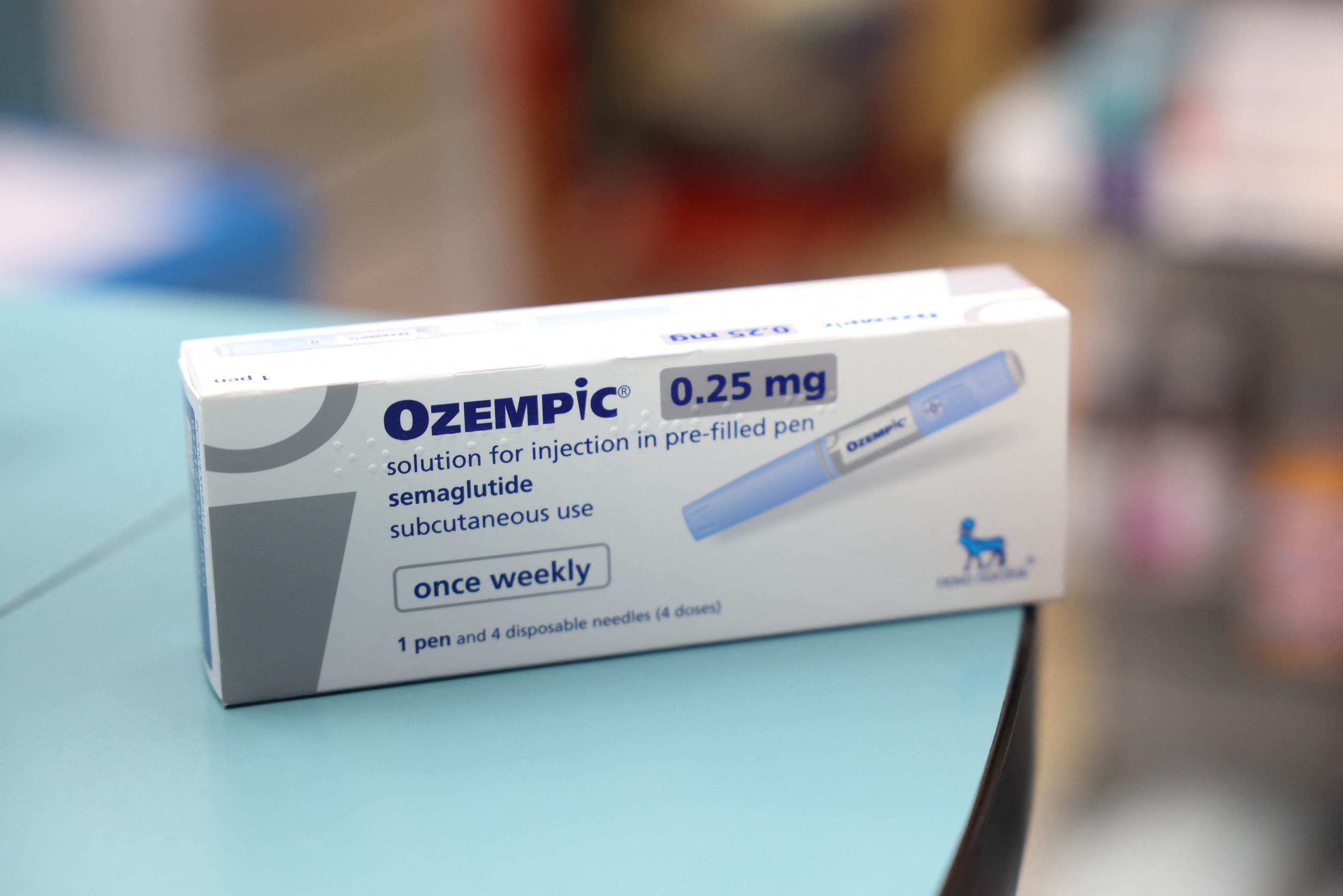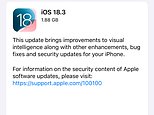According to the Green Finance Institute (GFI), 'fear of poor battery health is the single biggest barrier preventing the used EV market from taking off'.
But this could soon be a worry of the past because, for the first time, a battery health grading system has been introduced into the UK's used EV market.
Used car seller BCA has brought in its own EV Battery Health Grading service to allow drivers to buy electric vehicles with greater confidence. But is it enough to convince you to go green?

BCA's Battery Health grading will give buyers an at-a-glance view of an EV's traction battery condition, with an easy to interpret scoring system.
Letters A to E will be accompanied by the numbered score of an AVILOO battery 'FLASH Test'.
When a customer buys a BCA used EV the Battery Health Grading will be displayed in a quick reference format on the vehicle detail page, on vehicle search results and on the Live Bidding screens in BCA auction houses.
Buyers also get access to the full FLASH Test report post-sale, which will funnel through the onward retail process, including to local used car dealerships. This will help sellers and buyers to have greater trust in a transparent market, and allow dealers to talk through battery health anxieties with customers, and hopefully remove them.

BCA COO Stuart Pearson said: 'The new BCA battery health grading helps our buyer customers to bid on electric vehicles with complete confidence and make more informed decisions when buying.
'The service offers absolute transparency with unbiased testing and grading, providing a reusable report that will further help the retail process.'
The Battery Health service is currently live across BCA auctions, and should start to filter through the used car network soon.
How the AVILOO battery test works
AVILOO – BCA's battery health partner - provides an unbiased, independent test, carried out by connecting its test box to the On-Board Diagnostics interface of the EV.
The comprehensive report shows the battery's remaining capacity from 0 to 100 and displays 'red flags' in case of faulty battery modules.
The A to E grading system is similar to vehicle condition ratings, making it easy for buyers to understand quickly.
Marcus Berger, CEO of the test provider AVILOO GmbH, commented: 'The AVILOO battery health test covers 95 per cent of all available EV brands meaning it is a great fit with BCA's extensive online remarketing programmes across the UK and Europe.
'Driving increased confidence, along with a transparent process remains key to the ongoing development of the used EV landscape.'
Why is used EV battery health such a big barrier to uptake?
In June 2023 the GFI found that 62 per cent of consumers would not buy a used EV because of worries about battery lifespan.
A year later Starline Used Car Tracker research showed that 87 per cent of potential used electric car buyers expressed the importance of obtaining an independent, certified assessment detailing the condition of the vehicle's battery maintained by previous owners.
The House of Lord's Environment and Climate Change Committee 2024 report EV strategy: rapid recharge needed stated that 'consumer confidence in the second-hand market is currently being undermined by uncertainty and concerns about EV battery health.'

Startline Motor Finance CEO Paul Burgess said: 'Probably the number one fear that consumers have when buying an electric used car is that the battery will fail or otherwise degrade very quickly.
'They know that it could cost several thousand pounds to buy a replacement and the value of their car plummet.'
Despite these worries being 'largely unfounded' as 'battery degradation is generally happening much more slowly than anticipated while outright battery failure, while not unknown, remains a rare occurrence' Burgess understands that 'used car buyers clearly want reassurance' in the form of formal testing.
It is likely that EV battery health testing will become commonplace in the used EV market in the future as it was one of the key EV pledges in the Labour's manifesto.
Labour set out intentions to implement the standardising of information supplied on the condition of EV batteries in order to support buyers of second-hand electric vehicles.
And Labour said it would introduce 'Electric Vehicle Confident labelling requirement' on new EVs, similar to the Monroney sticker used in the US.

New EV battery health passport - which manufacturers are already introducing them?
From 2027, any new EV sold in the EU will require an 'EV battery passport'.
The passport will prove the origins of the raw materials the battery contains, how much of the content is recycled and their lifecycle carbon footprint, including production and transportation.
Volvo Cars has already launched the 'world's first EV battery passport' for its flagship EX90 SUV, which is due to start production in the US.
While these battery passports will be mandatory for all EVs sold in the European Union - and the UK - from February 2027, one mainstream car brand has already got ahead.
Volvo Cars has already launched the 'world's first EV battery passport' for its flagship £100,000 EX90 SUV.
The passport has been developed in-house by Volvo, which is owned by China's Geely, in partnership with UK start-up Circulor.
It uses blockchain technology to map supply chains for companies and took over five years to develop.
Volvo's head of global sustainability Vanessa Butani told Reuters that introducing the passport nearly three years before regulations kick in was aimed at being transparent with car buyers as the automaker targets producing only fully-electric cars by 2030.
'It's really important for us to be a pioneer and a leader,' Butani said.













